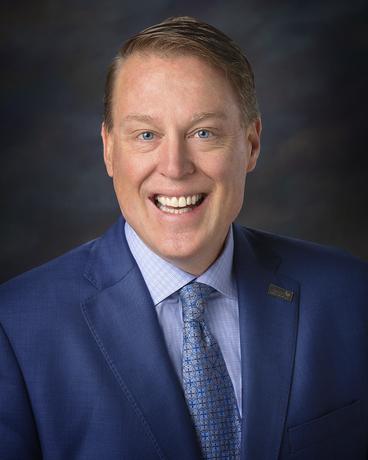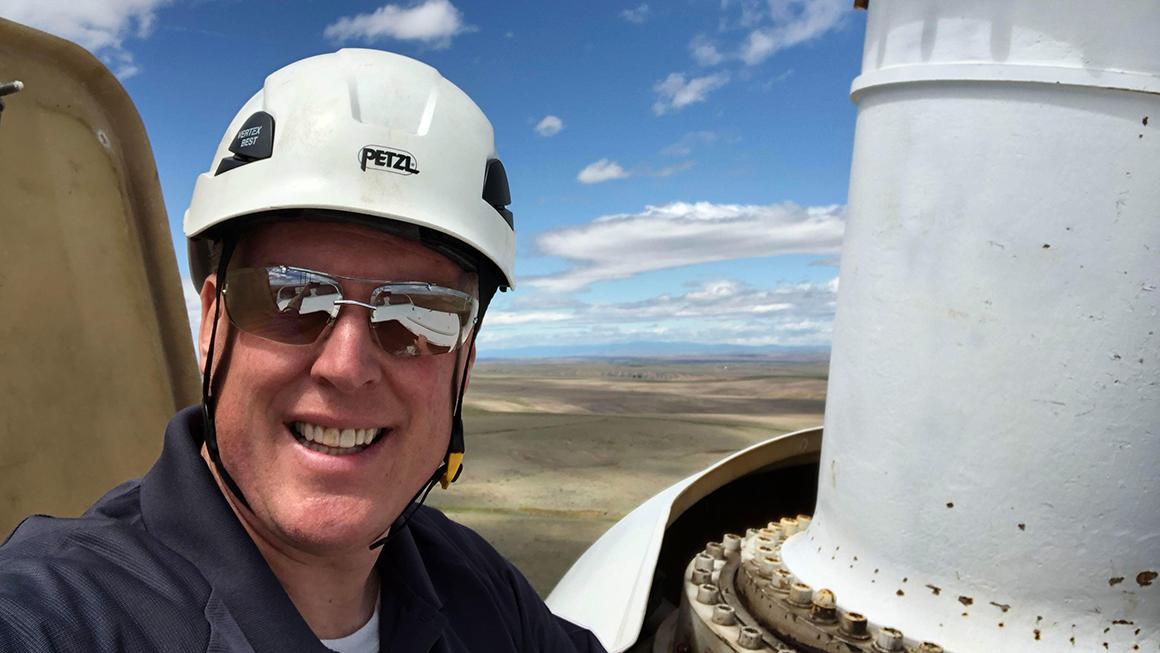NRRI: In your opinion, what challenges face Minnesota’s natural resource-based economies and how does NRRI play a role in addressing those challenges?
Al Rudeck: I believe Minnesota’s vast forests, mineral resources, agriculture and economy are at a serious crossroads. I fear there is a widening societal gap lack for understanding where things come from that underpin our daily lives. Physical things in our world are either grown and harvested or mined and processed. At the same time, there’s a growing value in society for sustainability in all of its forms. Technology and innovation are the best way to enable responsible natural resource development and ways to create more economic and environmental value. This is where I believe NRRI plays an important role, providing leadership to help solve these serious state and national raw material sourcing needs that underpin our nation’s clean energy and decarbonization objectives including renewables, EV’s, battery storage and beneficial electrification.
NRRI: What opportunities have caught your attention as bringing value to Minnesota and the region?
AR: A couple of things NRRI is working on really get me excited. First, I believe we have, and can continue to have, both economic growth and environmental protection. NRRI’s ability to provide independent, data-driven insights to inform resource management and development can help bring diverse viewpoints together for the common good of Minnesotans.
Second, policymakers, agency partners and private industry must work together to responsibly develop and protect our natural resources and environment. This can be achieved by characterizing our state’s flora, fauna, water and mineral resources and providing digital access to things like forest makeup, bird populations and trends as well as mineral resource discovery, deposit characterization and economic development feasibility. These are areas where NRRI is well positioned.
NRRI: What role could the Minnesota Legislature play in NRRI’s success in 2021?
AR: That’s a great question. Of course, the most pressing issues we have in the moment include the response to the global pandemic and support to spur economic recovery. Longer term, three major things come to mind: healthy forests, advanced mineral development and reduced carbon emissions. This requires long term, sustainable funding for applied research institutes like NRRI to support the State’s policy objectives.

Minnesota’s forests need a long-term management strategy. Year over year declines in demand for paper and related forest products has essentially removed an important private sector forest management tool for the Dept. of Natural Resources. Legislative leadership to develop a comprehensive strategy could include large scale demonstrations for novel forest product-based projects (energy conversion, material science, consumer products, etc.). I also envision an intensive State Forestry Works program to put unemployed Minnesotans to work harvesting and replanting our forests.
Advanced mineral development includes working with private industry to position Minnesota’s resources to create more value in the marketplace. The state could supply a large demonstration project fund to spur private-public investment. Rather than exporting mined raw materials to other states for further refining, Minnesota could invest in a plant to convert iron units to steel or copper units to finished metal products, all produced responsibility and efficiently.
Finally, NRRI is well positioned to inform legislative initiatives that support our state’s leadership in the transition to a lower carbon economy. There are several legislative initiatives moving this session that could foster innovation in energy efficiency, energy storage and renewable energy conversion, beneficial use of electricity in transportation or building climate control.
Each of these priorities requires foundational applied science investments and funding to encourage and support the brightest minds to drive discovery and innovation that will move the State’s natural resource-based economy forward.
NRRI: What might NRRI achieve in 2021 that you’ll be especially proud to promote?
Al: I think dispelling the false premise that sustainable and responsible natural resource development is an “either/or” conversation. We have proven time and time again, across many industries and over many decades, that through innovation and technology advancement, we can drive economic growth and environmental protection in a sustainable manner. Taking this balanced stakeholder approach, building upon a data driven foundation, is a way NRRI can advance this message.
NRRI: You have been on NRRI’s Advisory Board for more than six years. How has your participation helped you grow professionally or personally? How has your advice to NRRI evolved?
Al: The NRRI’s mission and purpose is more relevant and important than ever. In my time on the NRRI Board, in a variety of iterations, has given me a broader perspective, and built many relationships with a broad cross section of talented and committed Minnesotans. Over time, I’ve learned the value of patience and the need to leverage historical context while staying open to new ideas with an ability to apply them in new ways.
The NRRI is a state and national treasure -- created with a great vision nearly 40 years ago -- with a renewed energy to discover Minnesota’s economy of the future.
